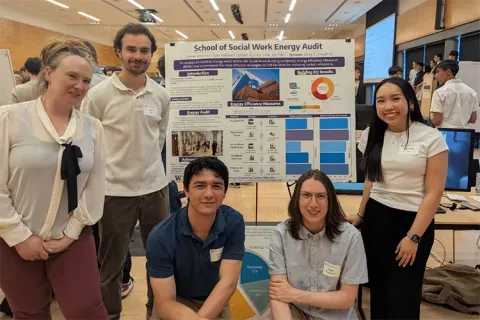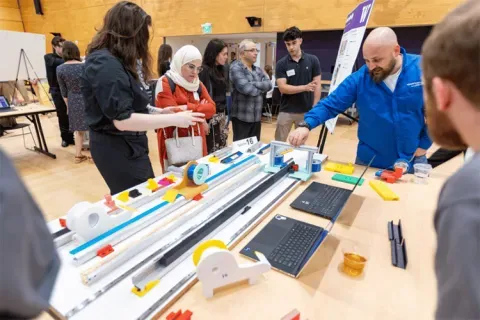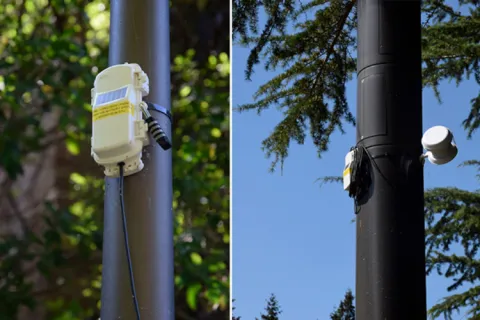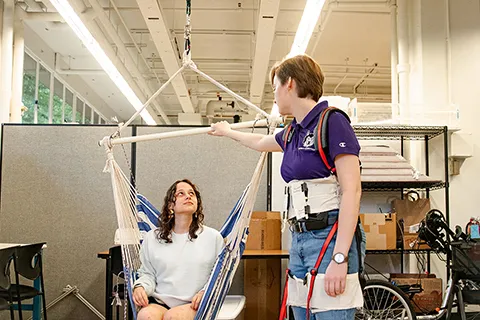IonQ
Characterizing and Optimizing Quantum Gates
As-built quantum computers are rapidly reaching the point where they can no longer be simulated classically. However, they are held back by imperfections in their control and coupling to noisy environment. This project aims to explore links between our ability to characterize and optimize the dynamics of a quantum system to achieve a desired outcome (a quantum gate). Designing high-quality quantum gates is challenging since extreme precision is required to achieve fault-tolerance. While progress has been made in open-loop control, recent progress by Goldschmidt, DuBois, Brunton, and Kutz (https://arxiv.org/abs/2201.05266) suggests that closed-loop control techniques such as model predictive control might be beneficial. The work attempted here sought to combine these techniques with cutting-edge quantum characterization, generalizing them to quantum gate generation. This project focused on boosting the fidelity of one- and two-qubit gate operations. We considered trapped ions as our prototypical system, but the information theoretical framework we used was general. The students worked with leading quantum computing subject matter experts at IonQ around framing the control problem and demonstrating fidelity improvements based on model predictive control (or similar). If numerical results were promising, the scope worked to include experimental demonstration as well.
Faculty Adviser(s)
Sara Mouradian, Electrical & Computer Engineering
Related News

Mon, 10/13/2025 | UW Mechanical Engineering
Capstone collaboration leads to award
An ME capstone team received first place for its energy audit of the UW School of Social Work building.

Mon, 07/07/2025 | UW Mechanical Engineering
Capstone creations
Students displayed innovative capstone design projects at the 2025 expo.

Fri, 09/20/2024 | UW Civil & Environmental Engineering
Smarter irrigation for a greener UW
A new project combines satellite data with ground sensors to conserve water and create a more sustainable campus environment.

Mon, 09/09/2024 | UW Mechanical Engineering
Testing an in-home mobility system
Through innovative capstone projects, engineering students worked with community members on an adaptable mobility system.